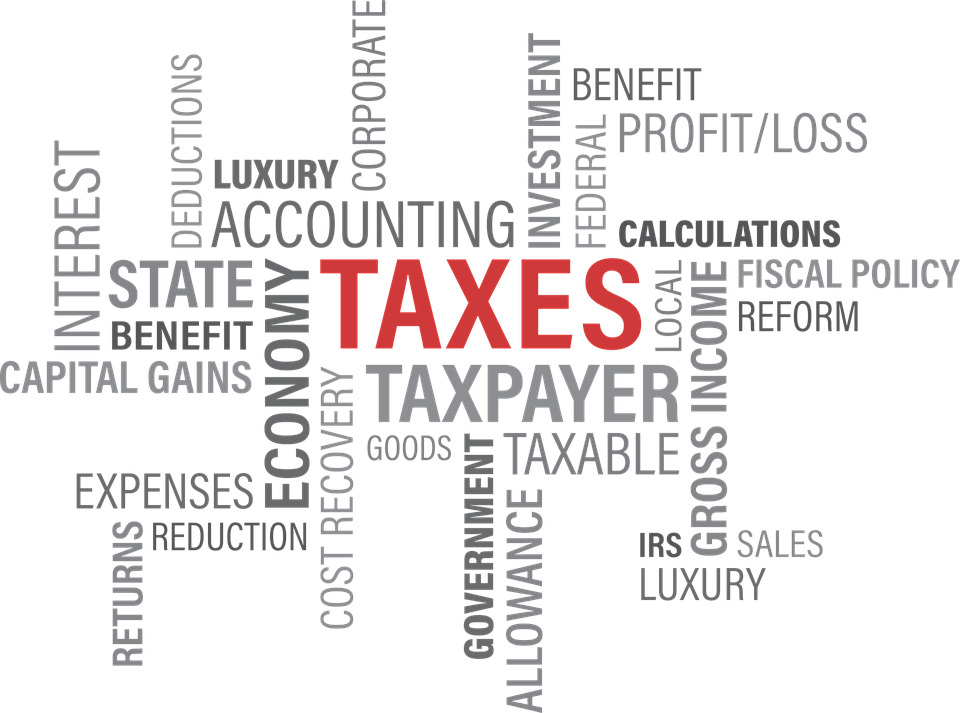AICPA
AICPA Says IRS Needs to Give Penalty Relief to Taxpayers Affected by Pandemic
Though the IRS has emphasized that taxpayers and tax professionals should assume that the deadline will remain, it has also been reported that the IRS will not commit to keeping an April 15 filing deadline if Congress approves another round of economic...
Feb. 24, 2021

The COVID-19 pandemic has created many new challenges for Americans, with individual taxpayers and businesses large and small working to balance the health and safety of their families, employees and clients with meeting their obligations to file and pay taxes in a timely manner. In two recent letters to the Department of the Treasury and the Internal Revenue Service (IRS), the American Institute of CPAs (AICPA) has called for greater certainty for taxpayers and tax practitioners and underpayment and late payment penalty relief, both of which will provide greater assistance to those affected by the pandemic.
In a letter sent on February 23, 2021, the AICPA is urging Treasury and the IRS to provide taxpayers with more certainty and stability by announcing any pending tax filing and payment deadline postponements by March 1. Additionally, the AICPA is calling for Treasury and the IRS to provide underpayment and late payment penalty relief, delay collection activities and expand the temporary e-signature relief to the millions of taxpayers affected and working through the challenges created by the COVID-19 pandemic.
Though the IRS has emphasized that taxpayers and tax professionals should assume that the deadline will remain, it has also been reported that the IRS will not commit to keeping an April 15 filing deadline if Congress approves another round of economic impact payments. This indecision is creating further uncertainty for taxpayers and their representatives.
In a letter sent earlier in February, the AICPA called attention to the hardship that millions of taxpayers and tax practitioners are facing while making good faith efforts to comply with their tax obligations. The AICPA called for relief from underpayment and late payment penalties for the 2020 taxable year.
In the recent letter (attached), the AICPA urges Treasury and the IRS to:
- Provide certainty on filing and payment deadline
- If Treasury and IRS determine they cannot hold to the April 15 deadline, a decision should be announced by March 1st and the extended date should be June 15.
- Underpayment & Late Payment Penalty Relief
- The AICPA recommends providing taxpayers relief from underpayment penalties and relief from late payment penalties for the 2020 taxable year. Taxpayers should receive relief from underpayment penalties if:
- Taxpayers paid at least 70% of the tax due for the current year, or
- Taxpayers paid 70% (90% if adjusted gross income (AGI) exceeds $150,000) of the amount of tax shown on their U.S. income tax return for the prior year.
- Taxpayers should also receive relief from late payment penalties if they timely request an extension of time to file their income tax return and pay at least 70% of the taxes owed with the request.
- Delay IRS Collections
- Discontinue compliance actions until the IRS is prepared to devote the necessary resources for a proper and timely resolution of the matter. At a minimum the IRS should halt its automatic collections activities of liens and levies by at least 90 days after the April 15 (or the postponed) filing and payment deadline. At that time, the IRS should reassess further extending the halt of the automatic collection activities.
- Extend Temporary E-Signature Relief
- Expand the existing temporary e-signature relief currently being provided to the millions of taxpayers affected and working through the challenges created by the Coronavirus.
“We understand the internal challenges the IRS faces, however providing certainty and relief for those affected by this pandemic eases the strain on taxpayers and on the IRS while we all work to get back to normal operations,” said AICPA Vice President of Taxation, Edward Karl, CPA, CGMA.
